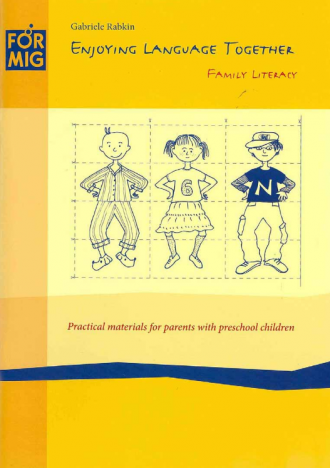

Situating family learning within the framework of lifelong learning is a way of breaking down barriers between formal, non-formal and informal learning. This message was shared by UNESCO Institute for Lifelong Learning (UIL) in a conference on family learning in Europe, which took place in Luxembourg on 22 and 23 October 2015.
The two-day conference, entitled ‘Family Learning – Best Practices Across Europe’, was organized by the Luxembourg Ministry of Education, Children and Young People as part of the implementation of the European Agenda for Adult Learning. Around 100 participants from twelve European countries took part.
Participants were inspired by promising practices developed in France, Ireland and Luxembourg, and benefited from research on the need for and impact of family learning presented by speakers from different countries, including the Netherlands and the United Kingdom. The conference participants came up with recommendations that will soon be made available as a Statement on Family Learning in Europe. This Statement will be used to provide guidance on the sustainable implementation of successful practices relating to family learning in Europe.
What is family learning?
Family learning usually refers to learning activities that contribute to a culture of learning within the family by involving both children and adult family members, whereby learning outcomes are intended for both children and adults. Intergenerational approaches to learning have been proven to have a particularly positive impact on disadvantaged children’s and adults’ proficiency in literacy, language and numeracy.










